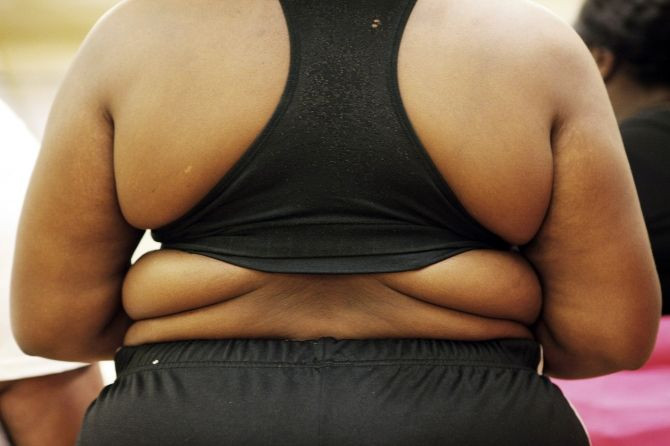New Vaccine to Fight Obesity Takes Shape

A novel vaccine to reduce obesity has shown promise in increasing weight loss without affecting growth factors, a new study has reported.
The vaccine works by producing antibodies against a key hormone called somatostatin and reducing its levels in the body. This hormone inhibits growth hormones (GH) and insulin like growth factor (IGF1). Researchers hope by reducing levels of this hormone will keep metabolic rates high as the body loses weight.
The vaccine was tested on mice models. One set of mice received the vaccine at the start of the study and then at day 22. The other control set didn't receive the vaccine. Both the sets of mice were kept on a high-fat diet.
In just four days after the vaccine injection, the mice had a 10 percent reduction in body weight when compared to control mice. Later test results showed that the vaccine-injected mice had antibodies against the hormone somatostatin. These mice showed significant weight reduction and weighed 10 percent less than the control mice.
The study has been successful in animal models. However, it may take many more trials on human subjects before it can be used to reduce weight for the general public.
"This study demonstrates the possibility of treating obesity with vaccination. Although further studies are necessary to discover the long term implications of these vaccines, treatment of human obesity with vaccination would provide physicians with a drug- and surgical- free option against the weight epidemic," said Keith Haffer from Braasch Biotech LLC and author of the study, in a press release.
Last month, Medical Daily reported that ursolic acid found in apple peels help burn more calories.
The study was published in the Journal of Animal Science and Biotechnology.



























